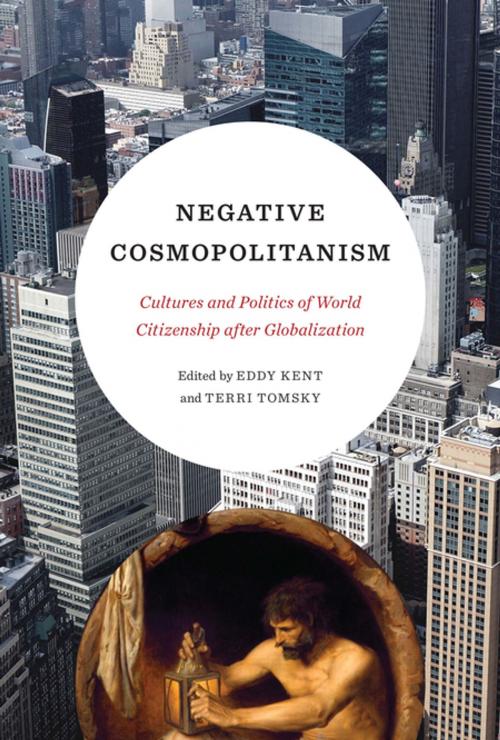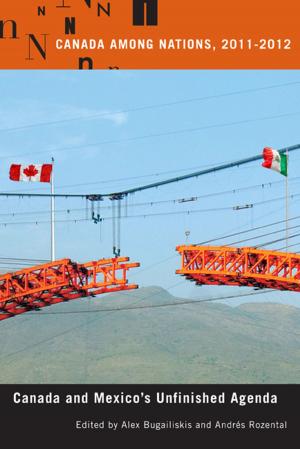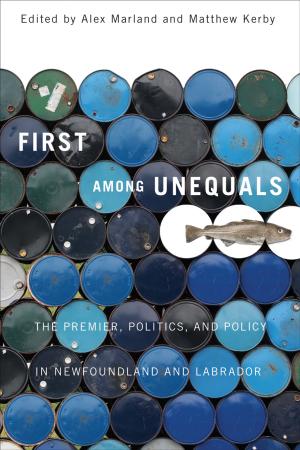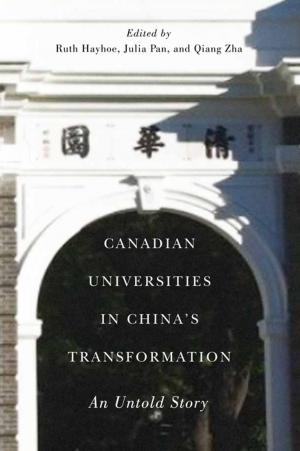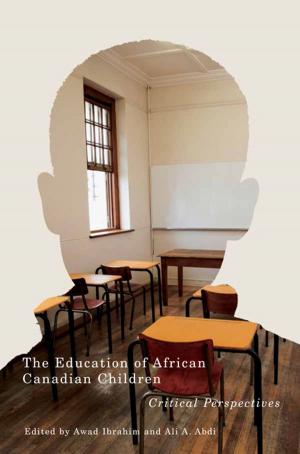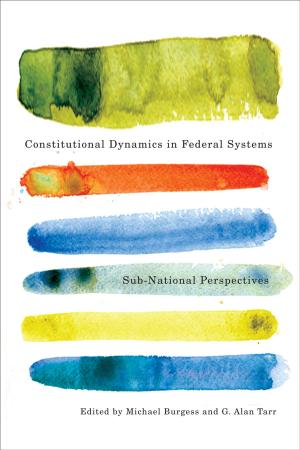Negative Cosmopolitanism
Cultures and Politics of World Citizenship after Globalization
Fiction & Literature, Literary Theory & Criticism| Author: | ISBN: | 9780773552050 | |
| Publisher: | MQUP | Publication: | November 10, 2017 |
| Imprint: | MQUP | Language: | English |
| Author: | |
| ISBN: | 9780773552050 |
| Publisher: | MQUP |
| Publication: | November 10, 2017 |
| Imprint: | MQUP |
| Language: | English |
From climate change, debt, and refugee crises to energy security, environmental disasters, and terrorism, the events that lead nightly newscasts and drive public policy demand a global perspective. In the twentieth century the world sought solutions through formal institutions of international governance such as the United Nations, the International Criminal Court, and the World Bank, but present-day responses to global realities are often more provisional, improvisational, and contingent. Tracing this uneven history in order to identify principal actors, contesting ideologies, and competing rhetoric, Negative Cosmopolitanism challenges the Kantian ideal of cosmopolitanism as the precondition for a perpetual global peace. Uniting literary scholars with researchers working on contemporary problems and those studying related issues of the past – including slavery, industrial capitalism, and corporate imperialism – essays in this volume scrutinize the entanglement of cosmopolitanism within expanding networks of trade and global capital from the eighteenth century to the present. By doing so, the contributors pinpoint the ways in which whole populations have been unwillingly caught up in a capitalist reality that has little in common with the earlier ideals of cosmopolitanism. A model for provoking new and necessary questions about neoliberalism, biopolitics, colonialism, citizenship, and xenophobia, Negative Cosmopolitanism establishes a fresh take on the representation of globalization and modern life in history and literature. Contributors Include Timothy Brennan (University of Minnesota), Juliane Collard (University of British Columbia), Mike Dillon (California State University, Fullerton), Sneja Gunew (University of British Columbia), Dina Gusejnova (University of Sheffield), Heather Latimer (University of British Columbia), Pamela McCallum (University of Calgary), Geordie Miller (Dalhousie University), Dennis Mischke (Universität Stuttgart), Peter Nyers (McMaster University), Liam O’Loughlin (Pacific Lutheran University), Crystal Parikh (New York University), Mark Simpson (University of Alberta), Melissa Stephens (Vancouver Island University), and Paul Ugor (Illinois State University).
From climate change, debt, and refugee crises to energy security, environmental disasters, and terrorism, the events that lead nightly newscasts and drive public policy demand a global perspective. In the twentieth century the world sought solutions through formal institutions of international governance such as the United Nations, the International Criminal Court, and the World Bank, but present-day responses to global realities are often more provisional, improvisational, and contingent. Tracing this uneven history in order to identify principal actors, contesting ideologies, and competing rhetoric, Negative Cosmopolitanism challenges the Kantian ideal of cosmopolitanism as the precondition for a perpetual global peace. Uniting literary scholars with researchers working on contemporary problems and those studying related issues of the past – including slavery, industrial capitalism, and corporate imperialism – essays in this volume scrutinize the entanglement of cosmopolitanism within expanding networks of trade and global capital from the eighteenth century to the present. By doing so, the contributors pinpoint the ways in which whole populations have been unwillingly caught up in a capitalist reality that has little in common with the earlier ideals of cosmopolitanism. A model for provoking new and necessary questions about neoliberalism, biopolitics, colonialism, citizenship, and xenophobia, Negative Cosmopolitanism establishes a fresh take on the representation of globalization and modern life in history and literature. Contributors Include Timothy Brennan (University of Minnesota), Juliane Collard (University of British Columbia), Mike Dillon (California State University, Fullerton), Sneja Gunew (University of British Columbia), Dina Gusejnova (University of Sheffield), Heather Latimer (University of British Columbia), Pamela McCallum (University of Calgary), Geordie Miller (Dalhousie University), Dennis Mischke (Universität Stuttgart), Peter Nyers (McMaster University), Liam O’Loughlin (Pacific Lutheran University), Crystal Parikh (New York University), Mark Simpson (University of Alberta), Melissa Stephens (Vancouver Island University), and Paul Ugor (Illinois State University).
